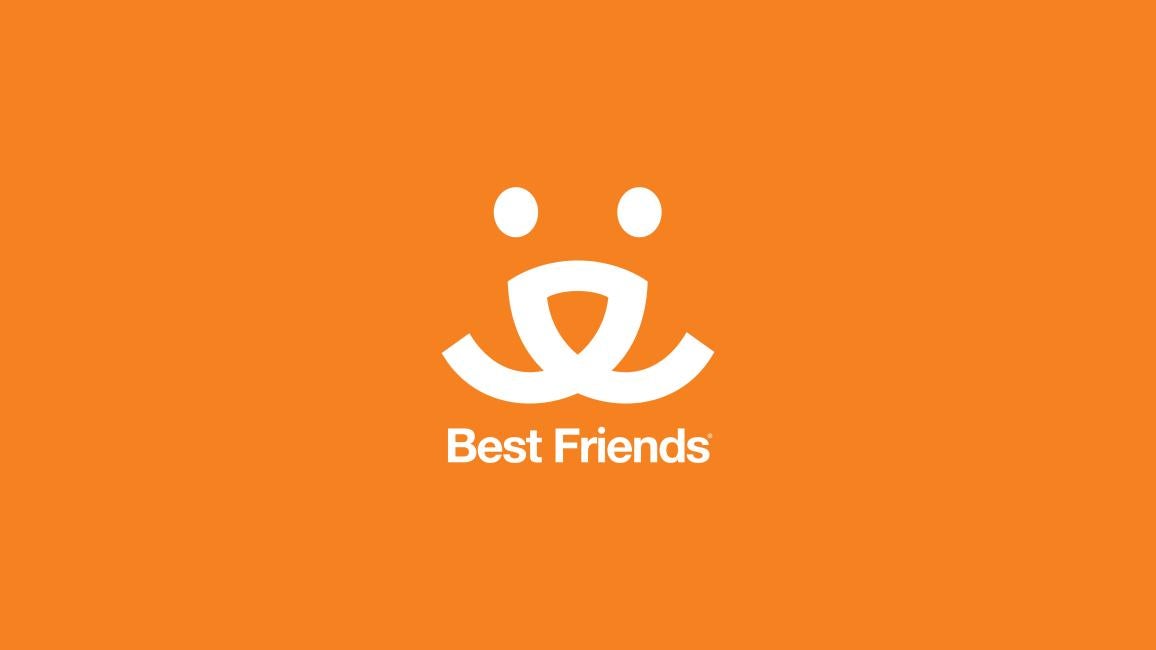Intent and impact

The Best Friends National Conference was held earlier this month in Houston, Texas. From the perspective of the conference itself, and the presenters, presentations, and attendee experience, it was one of our best conferences ever. It was, however, marred by an incident that occurred a few hours after the conference closed. More about that in a moment.
Every year, the conference showcases breakout leaders of our movement. Many who took the stage and led breakout sessions this year identified as members of the Black, Indigenous, and people of color (BIPOC) community. These members of the BIPOC community are the face of a more inclusive movement, inspiring young people of color through their innovation, hard work, and outstanding leadership. They’re the face of a more inclusive, 21st century movement, and they inspire younger people of color to imagine themselves as central to the work we do with animals. It was inspiring to learn about everything that’s being accomplished and how these leaders are effecting change throughout the movement and making advances in lifesaving.
This year’s conference also included a BIPOC Lounge, a space set aside for BIPOC attendees to gather, share their respective journeys, and offer each other support in the world of animal welfare. The lounge was a point of pride for Best Friends and for the staff members who put so much energy and love into its formulation and execution. It was an important and much-appreciated addition to our conference.
Unfortunately, many of us woke up on the Sunday morning post-conference to a video posted on social media that captured a portion of an elevator conversation where the term “BIPOC” was repeatedly mispronounced, with participants in the conversation laughing. The conversation took place between Best Friends employees and was recorded by a person of color, who experienced the comments as being racist. The video can be viewed here:
Best Friends launched a thorough and formal investigation into the incident. At this time, appropriate administrative action has been determined, and our work with those involved in the incident is underway. During the investigation we considered all available information, including the written statement of the individual who recorded the conversation, statements from our staff who were present, and others who were affected by what they heard.
The big takeaway is this: Words and actions can have negative impacts even if no negative intention is present. A speaker’s lack of racial intent does not diminish the listener’s feeling of racial animus, nor does it excuse the speaker’s behavior. Whether the Best Friends staff were making fun of the term BIPOC or making fun of each other because they were intentionally or unintentionally mispronouncing BIPOC doesn’t matter; both are wrong, whether in the presence of a person of color or not. Words, unto themselves, regardless of the intention of the speaker, can and frequently do harm to others.
I’ve spoken with several of our BIPOC colleagues, and this incident really resonated with them. Many told the same story: that racism isn’t only about overt acts, it’s also about the seemingly mundane things like a passing comment, a joke, or being unaware of your surroundings and how the people around you might experience what you’re saying. Needless to say, the big-picture goal is for there to be no racial animus at all, but on the road to getting there it’s so important that we work to address microaggressions, unconscious bias, and racial insensitivity.
Our evolving DEIB work — our journey to a more diverse, equitable, and inclusive culture — a culture of belonging for everyone — is often sparked by catalysts. Some of the catalysts are the result of intentional hard work, while others are the result of regrettable incidents. This particular regrettable incident is certainly a catalyst for the individuals involved, our organization, and the movement at large. I’m deeply sorry that it happened and that people were hurt. However, we remain committed to having difficult conversations, unlearning bias, and taking accountability for the impact of our actions.
No matter what was or wasn’t the intention, racial insensitivity has no part in a safe and inclusive culture, and it is not in alignment with our guiding principles.
Our DEIB work is ongoing, the next stage of this work is well underway, and this experience will serve to inform its direction and underscore the importance of continuing down this path. We believe in the work we’ve been doing to improve our culture and have been increasing our investment in this work. But clearly we need to do more, to be better, and we’re absolutely committed to doing so.
There will undoubtedly be more difficult conversations to be had. We will not shy away from them, and we will always look to do the right thing.
